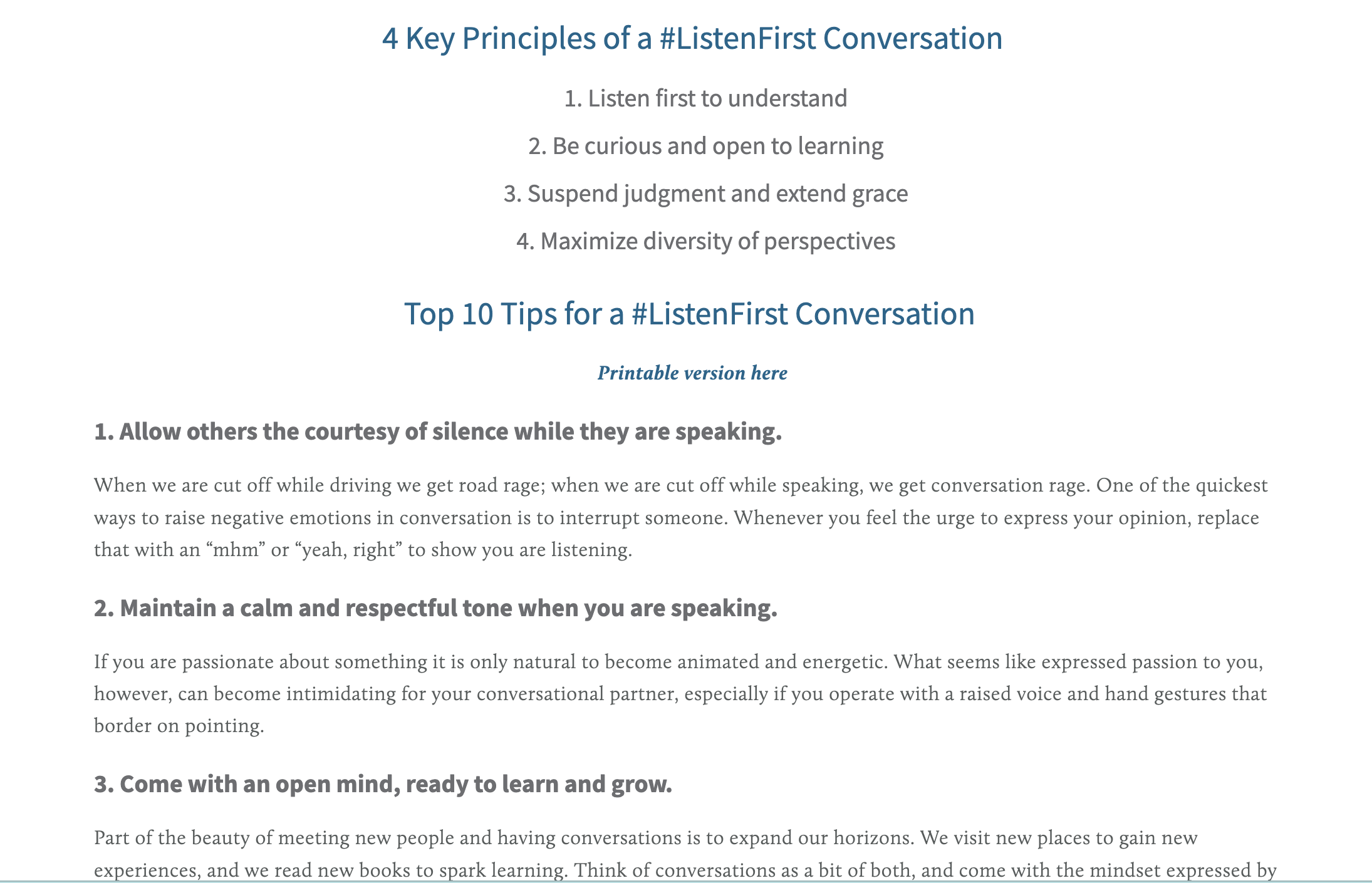Talking around the table

In two days, my husband's cousins, our parents, siblings and most of the kids are descending on my house. (We'll miss you, Julia, Ian and Kyle!) We'll be 22 people altogether, so we're gathering here for appetizers then walking to a nearby restaurant for dinner.
Because who can seat 22 people?
Not us, in a DC rowhouse shaped like a bowling alley. I don't even own 22 chairs. So Lillie's it is.
If unorthodox, it'll be a fun Thanksgiving surrounded by a raucous crew who love to drink and talk over one another.
I wonder what'll we talk about?
- The weather (I'm from Orchard Park, epicenter of the storm that just hit Buffalo.)
- The Bills. (See above.)
- Carlos's cool business shooting drone video for travel companies.
- Nat's and Anna's experiences in college.
- Kid accomplishments in martial arts, music and dance.
- Our parents' health.
- Florida (my brother just moved to the panhandle and two families are in town from Miami.)
Or how about:
- The midterms.
- The Republican sweep in Florida.
- The tragic shooting in Colorado Springs.
Chances are, you shuddered when you read the last three. Because they're difficult, emotional, even scary topics of discussion.
The thing is: People shy away from topics like those even as they rant about how impossibly divided our communities, friend groups and families are. And how much democracy, even safety are under threat.
It's a total disconnect. How do we climb out of all that if we're not willing to even talk about the issues?
Finding our courage
I won't bore you with the political leanings of my extended family, but let's just say we aren't a monolith. Almost no group is.
But we do trust one another and will not be canceling each other any time soon, I don't think, even if folks get into an argument.
I realize that cancellation is a risk or reality in some families. But let's say your family members are less inclined to hold a grudge. How do you open the door for respectful dialogue about the important issues affecting our nation?
Truth in Common is a member of the ListenFirst Coalition, whose website offers some great tips on the importance of listening, first:

Read the whole list on ListenFirst's tips page. It's great.
Because whether we're feeling anxiety or smugness about the state of things, in conversation we're likely to spend more brain power forming our response or making our point than truly, actively listening to an opposing view.
We've all been in a situation where the person we're conversing with is more prepared with their "talking points" than we are. I'm reminded of several conversations about the COVID-19 vaccine that left me fumbling for an informed response.
Talking about difficult issues means that sometimes, we'll find ourselves in the throes of a debate. Rather than thinking that "winning" is the only option, think of these as valuable opportunities to respect your conversation partner and build trust while having your voice heard.
What are the issues you care about? What do you think about them, and how can you offer your opinion, respectfully?
Think about it on the drive to your Thanksgiving meal (or networking event, or whatever.) A little preparation can go a long way.
What does that look like? Here are some examples.
Example 1: Someone expresses an opinion about the midterms
It's fresh. And fraught, even though – at the Federal level at least – both sides "won."
Which, incidentally, points to a problem I see: Our current inclination to obsess about the Federal level to the exclusion of local races that in many ways, matter more to our communities.
Anyway.
Let's say someone expresses relief that their party retained or won a majority in Congress or a state legislative body. You believe that may just perpetuate the existing stalemate, where nothing gets done, and want to share that viewpoint. What do you do?
ListenFirst responses:
- "The midterms were high-profile, for sure." Or: "I can't remember when there was so much attention on the midterms." (Acknowledges the importance of the topic, and by extension the speaker.)
- How did you feel about the results in your area? (Brings it down to the local level if necessary.)
- "Do others you know feel similarly?" (Expresses curiosity while remaining neutral.)
Sample respectful pushback:
- Glad you're happy with the results. I personally can't believe how much was spent on advertising this year, and worry that with this win the current stalemate will just persist." (Start with acknowledgement then add your opinion, using "I" statements.)
Example 2: Someone mentions critical race theory
Let's say you think the critical race theory debate has gotten out of hand, and thus want to weigh in. But you know it's a hot-button issue. What do you do?
ListenFirst responses:
- "I hear you, tell me more." (An all-purpose way to flag you're listening and encourage more sharing.)
- "Can you say where you heard this was being taught in schools? I thought it was a law school concept." (Offers a little personal take but just to reinforce the confusion around the topic.)
Sample respectful pushback: "I know critical race theory is a topic of hot debate. I just don't understand how there can be laws against it when no one even knows what it means. How do you explain what it is? I struggle with that." (Again, acknowledgement then I statements.)
I wrote about the current critical race theory debate – which I view as a propaganda effort – here.
Tell us how it goes
Almost everyone in the Truth in Common pilot groups shared frustration in our current inability to discuss important topics. They fret about the fear riddling our spaces, saying things like "we've forgotten how to disagree."
You don't have to have been a star debater in college to re-discover your mojo here. You just need to have your concern about our country's direction outweigh your fear of a little conflict.
Thanksgiving is your chance to open the door to topics that matter, with people you trust, while modeling respectful discourse. We've all forgotten how!
Give it a try and let us know how it goes. You can do it! You just need a little courage.
Happy Thanksgiving! 🦃

